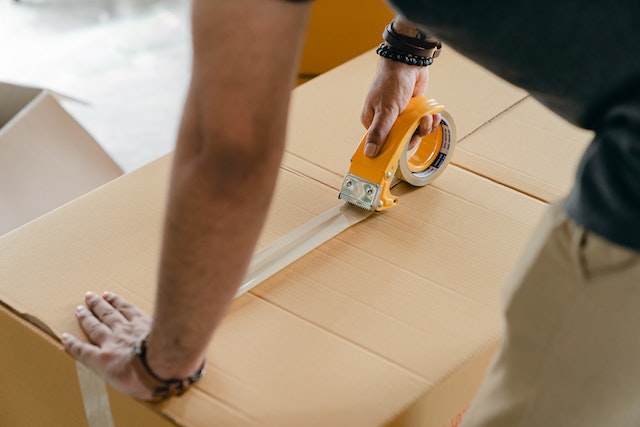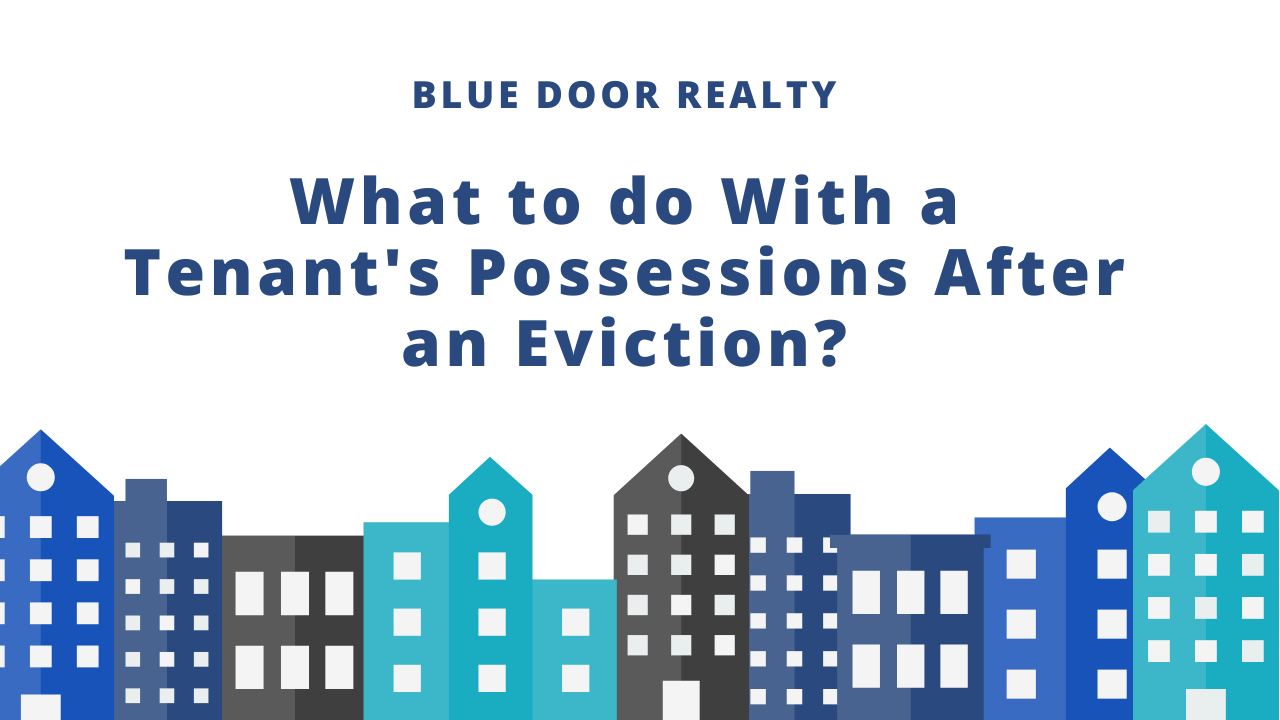Evicting a tenant is never easy, there are many financial and legal implications. However, after the eviction is finalized, you may realize that the tenant has left some of their possessions behind. If they have, you must follow your responsibilities in regard to storage and disposal.
Knowing what to do with a tenant’s belongings after an eviction can help you avoid certain financial and legal liabilities. That’s why in this article, we’ll walk with you through everything you need to know in this regard.
Eviction Reason
By knowing the exact reason for the eviction, you’ll know what responsibilities you have regarding what to do with their possessions after their eviction.
Under New Mexico laws, a landlord may be able to evict a tenant for the following reasons.
- Nonpayment of rent, whether or not it can be covered by the security deposit
- Violation of the lease agreement
- No lease/end of lease
- Habitability violation
- Illegal acts
You must then follow a specific eviction process depending on the reason. State law will also offer guidance on how you must handle the tenant’s possession after an eviction.
Tenant’s Chance to Retrieve Items
Whether state law requires it or not, it’s logical for a landlord to allow the tenant some time to collect their abandoned property. By doing so, you’ll be effectively reducing the chances of the tenant suing you for lost belongings.

Also, giving tenants a chance to retrieve their belongings isn’t a complicated process. After all, you may still be able to hold the tenant liable for the storage costs. Storing the tenant’s belongings allows for you to begin the end of tenancy cleaning.
In the state of New Mexico, you must hold onto the tenant’s property for at least 30 days (3 days with a writ of restitution) after a lease termination. This will allow the tenant adequate time to claim whatever possession they have left behind.
If the tenant doesn’t make a claim within the notice period, then you may be able to dispose of it anyhow you like. (N.M. Stat. Ann. § 47-8-34.1(C) (2021).)
The following is the process you must follow when dealing with a tenant’s items after an eviction in New Mexico:
- Store the tenant’s personal property for at least 30 days after a successful eviction.
- Notify the tenant about your intention to dispose of their personal belongings after 30 days from the date of notice. You must provide the tenant with your telephone number, as well as the address where you’re storing their property.
- Personally deliver the notice to the tenant or send it by first-class mail to their last known address.
- You must provide the tenant with reasonable access to retrieve their property.
- If the tenant doesn’t make any attempt to retrieve their property, you may be able to get rid of it any way you want.
Please note that New Mexico landlords have no obligation to store a tenant’s personal belongings for 30 days if the lease termination is through a court order.

You may throw away the belongings in any manner without further notice or liability.
Storing a Tenant’s Possessions
After an eviction, you may be at a loss for where and how to store the property left behind. In order to carry out the process as smoothly as possible follow these simple steps.
Throw Trash Away
Throw anything that is obviously trash. Keep a record of the costs involved in doing this.
Keep Notes
Take note of the full inventory of the property. It is wise to document the property by taking photos, since these are time stamped and can offer you some protection.
Use Storage Units
Rent a storage unit to store the property. Make sure you know what is involved in renting a storage unit before doing so. This is important for your bottom line, as you may want to ready the property for the next tenant.
Let the tenant know where you’re storing their property. Make sure to provide the tenant with important details, including the inventory and the associated value, the address of the storage unit, and the notice period.
Dispose of Belongings
If the tenant doesn’t make an effort to retrieve the property, you have a right to dispose of it after the notice period is over. Please take note that some items, such as cars, must first be reported to the town’s police department as abandoned.
Pay Yourself
Retrieving and storing the property left behind by a tenant doesn’t come cheap. You can pay up to $2,471 depending on the size of the storage unit in New Mexico.

If the tenant does retrieve the property, you can hold them liable for paying you the storage fees incurred. However, if the tenant doesn’t, you can pay yourself through the proceeds you get from a local bond sale or otherwise.
Protect Yourself as a Landlord
The following are tips to help you avoid a repeat of the same eviction situation in the future.
- Screen all prospective tenants thoroughly to minimize the chances of landing a potentially difficult one.
- Familiarize yourself with the New Mexico tenant eviction process to ensure the entire process is in line with the law.
- Draft a solid lease agreement that details important terms regarding the storage of tenants’ items after an eviction. In the clause, you may want to talk about the disposal fee, storage fees, and how long you’re in charge of storing the items.
Bottom Line
Landlords have certain responsibilities when it comes to storing a tenant’s belongings after an eviction. You cannot simply trash it once you have obtained a court order to evict the tenant.
If you still have a question, need expert help in evicting a tenant, or are looking for a professional to manage your New Mexico property, then look no further than Blue Door Realty. We’re professional Rio Rancho property managers. Get in touch to learn more!

